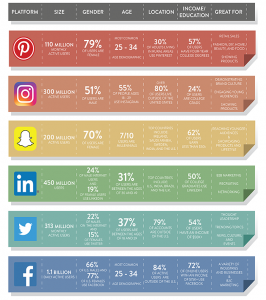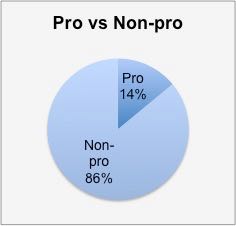When a business needs access to capital, it faces a fundamental choice: taking out a business loan or a merchant cash advance. Both can provide the money needed to hire new talent, fund a major marketing campaign, take the company international or simply overcome a cash flow crisis. But what are the differences between them, and which should you choose?
Business loans
As the name suggests, these loans are available only to businesses rather than individuals, and like any loan have a fixed term and agreed interest rate. They have traditionally been a popular source of commercial finance for several good reasons:
• Cost: they are vastly cheaper than merchant cash advances, with interest rates usually in single figures.
• Predictability: business loans offer fixed monthly repayments, making it easier to budget and forecast.
• Fixed terms: you will know exactly when the final repayment will be made – and when you will have extra cash on hand.
• Flexibility: most business loans permit early repayment, thus saving significant amounts of interest, though watch out for early payment penalties.
Of course, business loans have their drawbacks too. The biggest is eligibility: your company will require a reasonably good credit score to be accepted for finance, with banks being much more exacting than alternative lenders. Fixed monthly repayments have a downside as well, inasmuch as you will need to make them even when sales are sluggish. But overall, business loans are generally an excellent way to borrow and as a consequence represent most companies’ first choice for finance.
Merchant cash advances
A merchant cash advance is a quite different solution from a business loan: in effect, the finance company purchases a slice of your future credit card sales by advancing cash and then reclaiming a percentage of your card receipts. As a result, there is no fixed term in which to repay the advance: you simply agree the amount upfront, as well as the percentage to be taken from your sales.
That percentage will continue to be taken until you have repaid the capital and the agreed fee for the transaction. As a result, agreeing a lower percentage does not equate to a lower cost for borrowing, and this figure is not at all comparable to an interest rate.
Merchant cash advances offer a number of advantages:
• Acceptance: businesses with poor credit histories or weak track records can be accepted for this type of finance.
• Repayment based on sales: unlike a loan, you won’t find yourself repaying the same amount whether sales are good or bad.
• No fixed schedule: the finance company simply continues to take its percentage until the debt is paid.
However, it isn’t all good news – merchant cash advances have their downside too. The biggest is cost: this is a hugely expensive way to borrow, as it is the product of choice for companies with marginal credit histories. Whilst merchant cash advances don’t attract interest in the true sense, it is certainly possible to calculate an APR for them, and it is usually astronomical.
An APR of 70% for a business loan would be horrifying; for a merchant cash advance it would be cheap, with figures of up to 350% being known. What’s more, the nature of repayments makes it difficult to budget and there is no way of saving money by paying the debt off sooner.
The choice is yours
As can be seen, business loans are generally a much more affordable solution than merchant cash advances. However, if you don’t have the credit score to secure the former then the latter could be the solution you need – just consider the cost carefully before you proceed.
Business & Finance Articles on Business 2 Community(18)
Report Post


